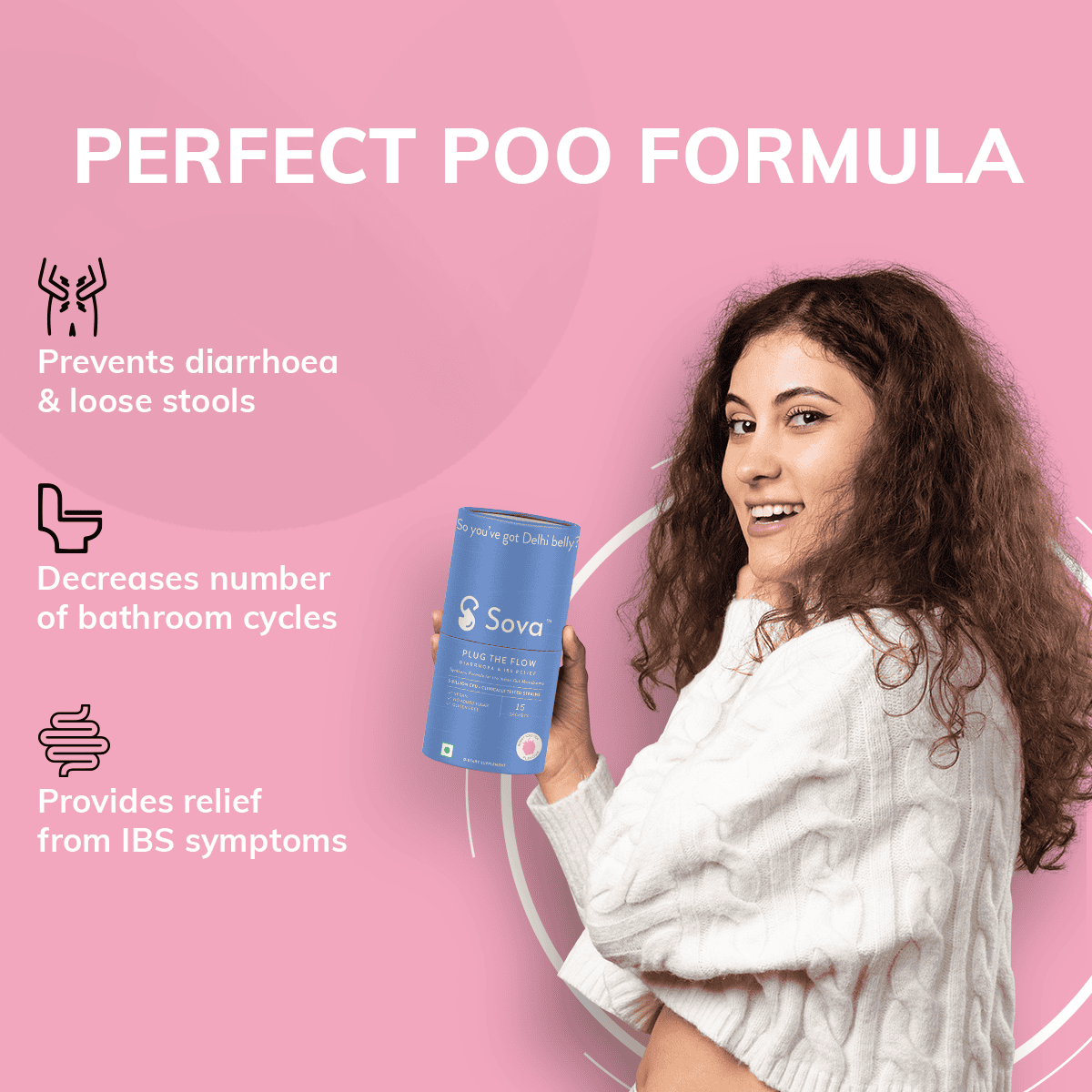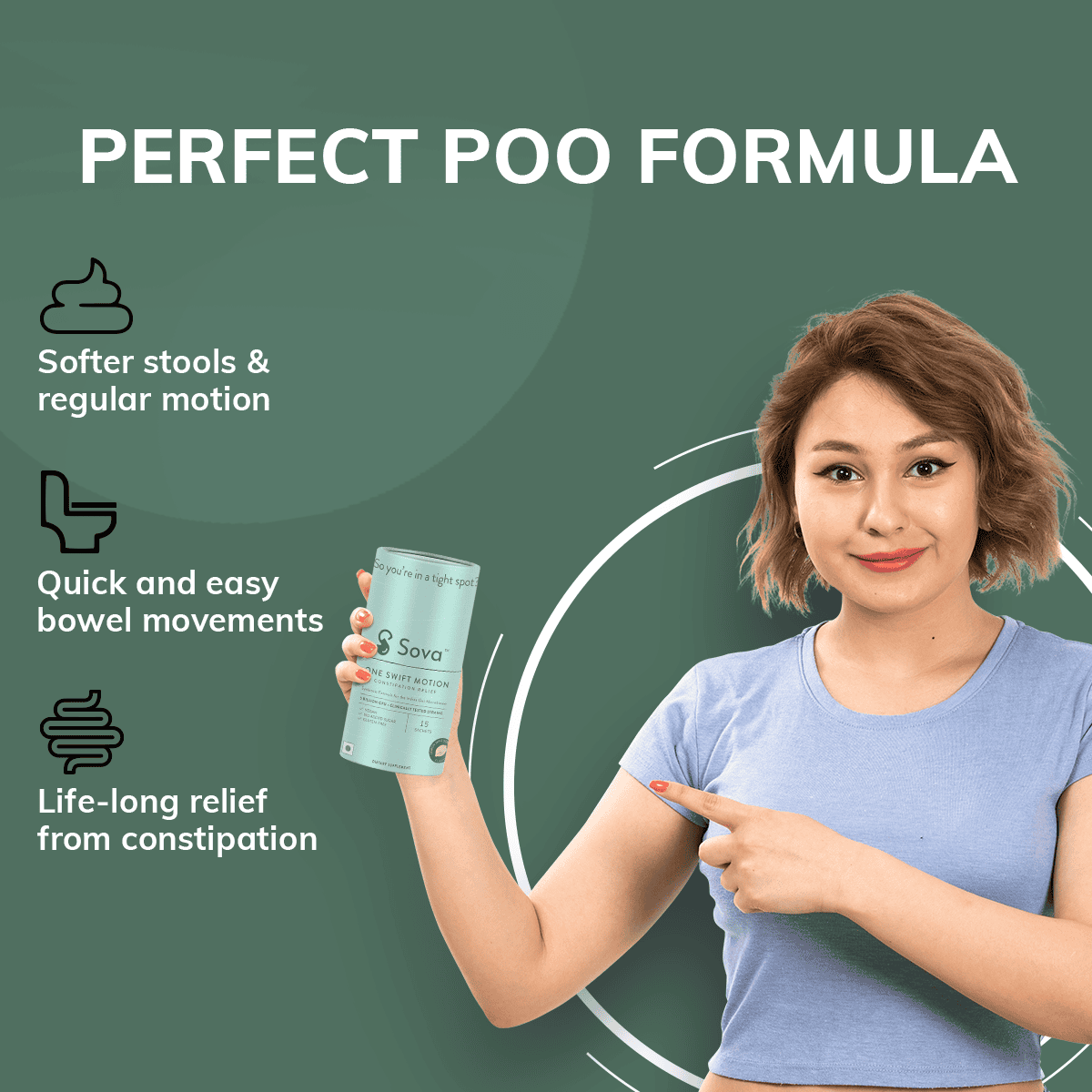Embarking on a journey to better gut health requires understanding, guidance, and informed decisions. Are you searching for a holistic approach that prioritizes lifestyle changes before considering medication? In this blog, we'll delve into the essential steps of understanding your symptoms, embracing lifestyle changes with the guidance of a nutritionist, and when it might be appropriate to explore medication. Let's unravel the secrets to a thriving gut, where informed choices pave the way to optimal well-being!
Step 1: Understanding Your Symptoms - Deciphering the Language of Your Gut
Your gut speaks to you through a unique language of symptoms. It's time to listen closely and understand what it's trying to communicate. Here's how to decode your gut's messages:
a) Document Your Symptoms: Maintain a symptom journal to track patterns, triggers, and the frequency and intensity of your gut-related issues. This will help you gain insights and identify recurring symptoms.
b) Recognize Early Warning Signs: Notice any digestive discomfort, irregular bowel movements, or changes in appetite. These signals often indicate the need for intervention and motivate you to take proactive steps towards gut health.
Step 2: Embracing Lifestyle Changes with Guided Nutritionist Support
Lifestyle modifications play a pivotal role in nurturing your gut health. By seeking guidance from a nutritionist, you can embark on a transformative journey. Here's how to embrace positive changes:
a) Personalized Nutrition Plan: A nutritionist specializing in gut health will assess your unique needs and create a tailored dietary plan. They'll focus on incorporating gut-friendly foods, balancing macronutrients, and identifying trigger foods that aggravate your symptoms.
b) Gut-Nurturing Habits: A nutritionist will guide you in adopting gut-nurturing habits, including regular physical activity, stress management techniques, and optimizing hydration levels. These habits work in synergy to support a healthy gut ecosystem.
c) Probiotics and Supplements: Depending on your specific needs, a nutritionist may recommend specific probiotics or targeted supplements to restore gut balance and enhance your overall well-being. Their expertise ensures you receive the right support on your gut health journey.
Step 3: Seeking Medication Help - When Lifestyle Changes Alone Aren't Enough
While lifestyle changes form the cornerstone of gut health management, there may be instances where medication becomes necessary. Here's when it's appropriate to consider medical intervention:
a) Severe Symptoms or Conditions: If your gut health issues persist or worsen despite lifestyle changes, medical intervention may be needed. This is particularly true for severe cases such as inflammatory bowel diseases or gut infections, where medications can help control inflammation and restore gut health.
b) Collaborative Approach: It's crucial to consult a healthcare professional, preferably a gastroenterologist, who can accurately diagnose your condition and recommend appropriate medications based on your specific needs. By working together, you can find the right balance between lifestyle changes and medication.
Achieving optimal gut health requires a comprehensive approach that encompasses understanding symptoms, embracing lifestyle changes, and considering medication when necessary. By decoding your gut's messages, seeking guidance from a nutritionist, and collaborating with healthcare professionals, you can pave the path to a healthier gut. Remember, at Sova, we prioritize a holistic journey towards gut health, where lifestyle changes guided by a nutritionist empower you to thrive.













